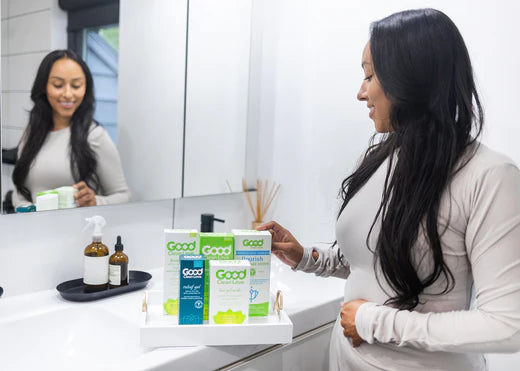“Everything becomes a little different when spoken aloud.” –Hermann Hesse
I have long been accused of crossing a line in relationships; in fact, I have lost more than one relationship to my tendency of overstepping a comfort zone- asking questions they didn’t want to answer or looking more deeply into their lives than they wanted to show. For me, this is where the heart of life lies. I have little interest in the superficial and I believe the real answers to what motivates us lives in how we feel and perceive, not what we think. We each have an invisible set of lines, like a fine mesh that we draw around our hearts and our desire for relationship and intimacy. These are easily witnessed in initial meetings when the clash of personal space boundaries is most apparent. Coming too close physically creates a palpable discomfort – like falling into a foreign culture. Remember the English parents invited to dinner in My Big Fat Greek Wedding? And yet, this invisible defense mechanism has a much deeper reach into our capacity of relating itself.
I have never been a big Jane Austen fan, as I find myself shouting at the characters on the screen- “just say it!”- and throwing up my hands in exasperation as the main characters who actually love each other spend the length of the film missing each other while creating endless spirals of miscommunication and despair due to their inability to cross a line and express their feelings. Sadly, time has not cured us of this habitual response to back away from the emotional connection, which perhaps explains the perpetual popularity of these historic films. Even with all the new technology for intimate connection and the opening mores of current day sexual practices we continue to respect the unspoken and often dysfunctional emotional lines that keep us in the dark and distant from each other.
The ways that we unconsciously and habitually step back from the real questions that we need to ask and the real conversations we need to have is trained into us before we even have words to question them. It becomes almost a part of a physical gesture, and not only with our intimate partners. These same dynamics of not digging into and even demanding more of the emotional life of our loved ones are family legacies, many of which never served anyone. We are more afraid of creating a conflict, of hurting someone’s feelings than we are of losing touch with them. We respect the need for privacy and distance even when it is clearly harmful to the people practicing it.
Although we can’t make anyone else reconfigure their emotional boundaries, I believe that this is one fight worth taking on- in fact, in my family of almost grown kids, it is the only one that I persist with. Having someone who loves you demand to know more of you- your feelings, your motivations, and your weaknesses- is a process that speaks of love. I have long believed that when it comes to emotional development, privacy is hugely over-rated. We cannot come to terms with the inevitable betrayals and pain of growing up in a vacuum. We need to tread, ever so lightly on each other’s emotional defense mechanisms so that we can experience them as malleable and elastic. So, while I might have something to learn about pulling back from the deep dive I always want to make into the hearts of those around me, I would say that overall, most of us could take a giant step forward into the emotional space of the people we love. It might be messy and loud to start, but the upside of what will come forth and grow out of it, is worth the risk every time.














